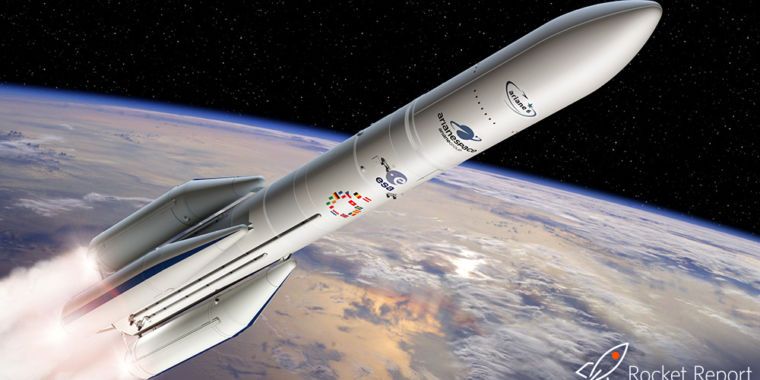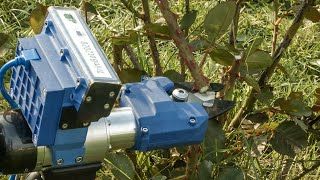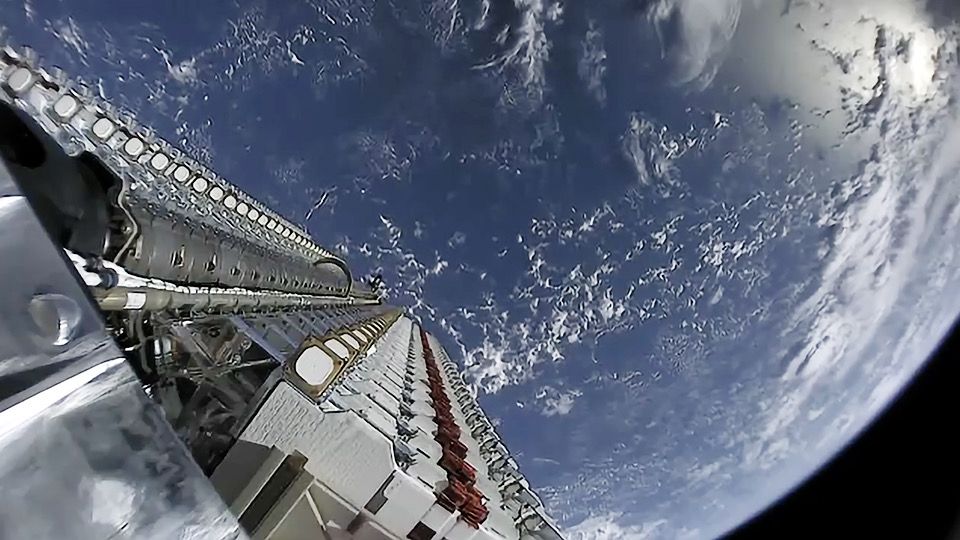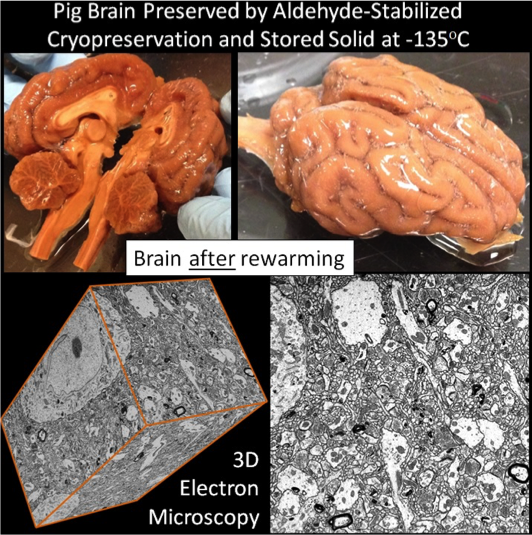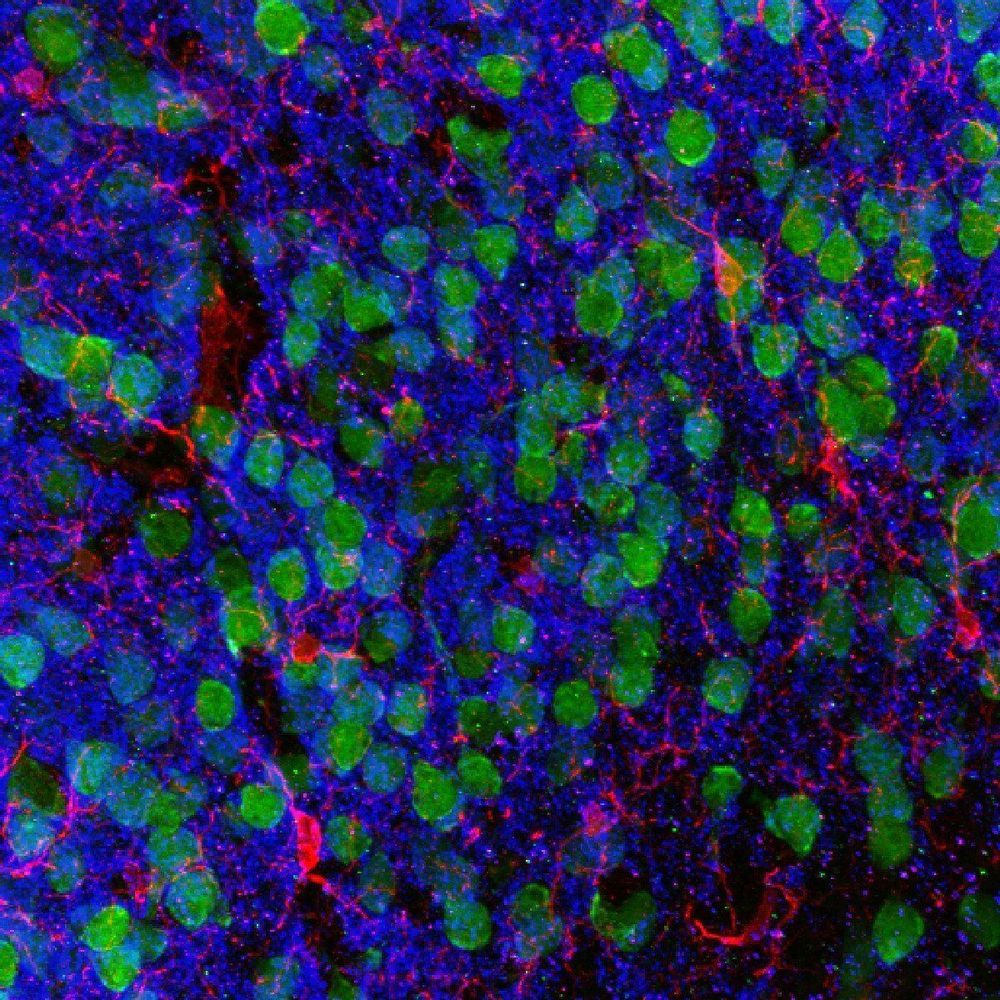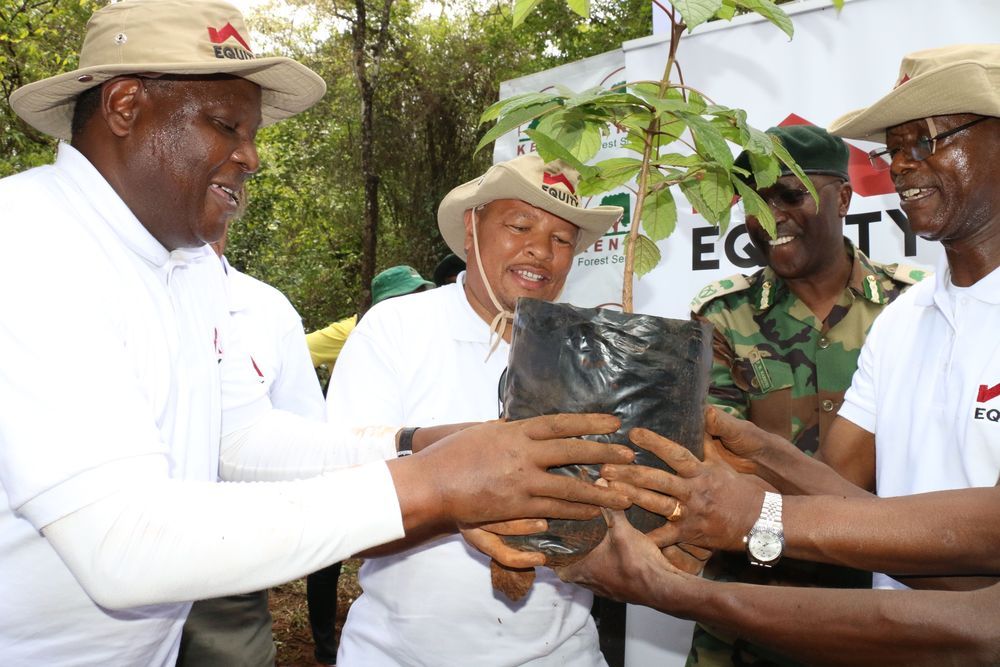Potential for small science missions … “Small satellites will play a crucial role in science and exploration, as well as providing communications and navigation infrastructure to support returning humans to the Moon,” Rocket Lab head honcho Peter Beck said. “They play a vital role as pathfinders to retire risk and lay down infrastructure for future missions. We think this could be useful for CubeSat science around the Moon or possibly communications relay capability on the cheap.” (submitted by 3ch0 and ADU)
Firefly considering AR1 engine for its Beta rocket. Firefly Aerospace has said it is collaborating with engine-maker Aerojet Rocketdyne to increase the performance of its upcoming Alpha launch vehicle, and the company is also considering Aerojet Rocketdyne’s AR1 engine for a future launch vehicle, SpaceNews reports. In a statement, Firefly CEO Tom Markusic praised the AR1 as an engine well suited for Beta but stopped short of saying the engine’s selection is a done deal.
How far along is AR1 really? … Markusic: “Aerojet Rocketdyne’s AR1 engine, which incorporates the latest advances in propulsion technology, materials science, and manufacturing techniques, is incredibly well-suited to power Beta given its cost-effective, high-performance capabilities.” It is not at all clear to us how close Aerojet is to completing and qualifying the AR1 engine. It also seems like Firefly should get Alpha up and running before it worries too much about the larger Beta rocket. (submitted by Unrulycow)
